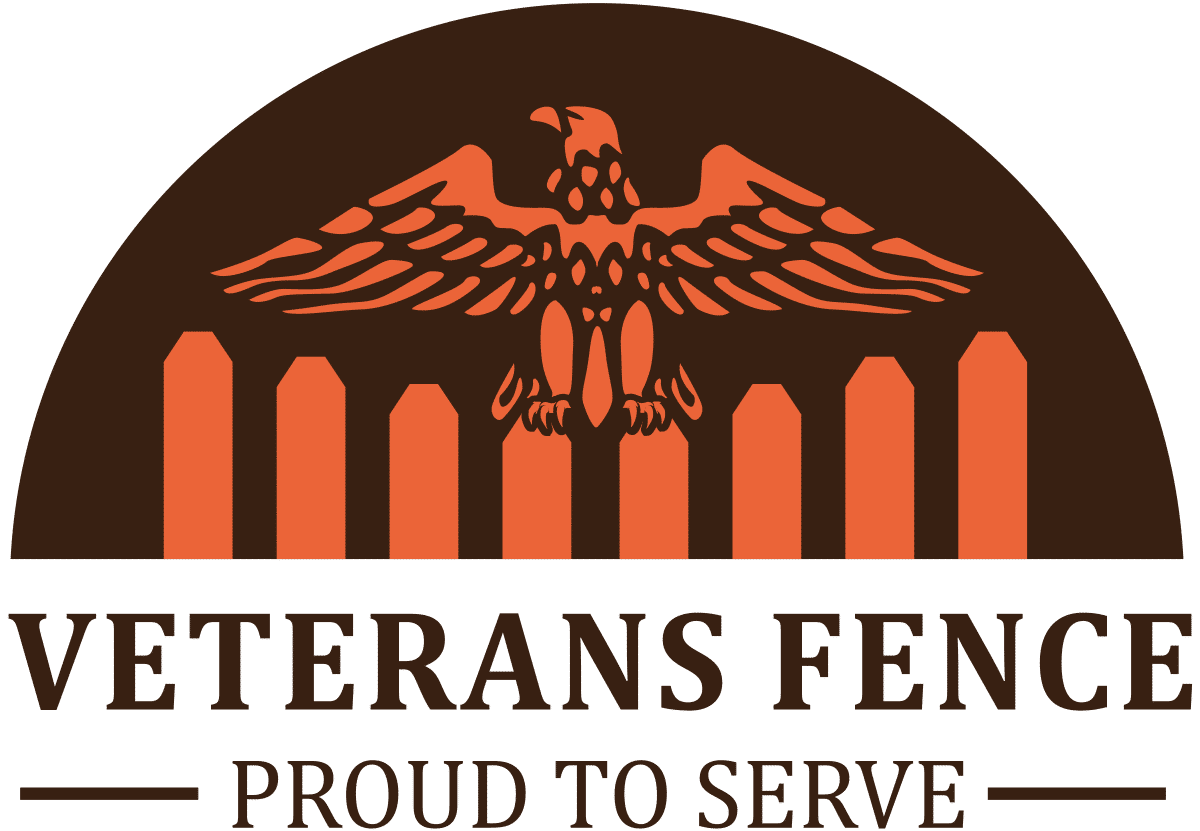Determining who is responsible for fencing disputes between neighbors can often lead to confusion and disputes. It’s an issue many homeowners face, but the answer isn’t always straightforward. Knowing your rights and responsibilities can help you navigate this common problem.
Let’s break down the key factors that play a role in this scenario and how you can resolve any issues with your neighbor to achieve a fair and mutual agreement.
What Is a Boundary Fence?
A boundary fence, sometimes called a boundary line fence, is a structure built to determine the separation between adjacent properties. These fences play a crucial role in outlining property lines and ensuring privacy and security for homeowners. Typically made from wood, metal, or vinyl, boundary fences help prevent disputes by marking where one piece of land ends and another begins.
Common Causes of Fence Damage
- Weather Conditions. Heavy winds, rain, snow, and extreme temperature changes can all take a toll on your fence, leading to warping, rotting, or breaking of materials.
- Poor Installation. If a fence is not installed properly, it may struggle to withstand external forces, resulting in loose posts and panels that can easily be damaged.
- Inadequate Maintenance. Fences need regular upkeep. Neglecting tasks like painting, sealing, and checking for damage can make your fence more susceptible to deterioration.
- Pest Infestation. Termites, ants, and other pests can damage wooden fences by eating away at the material.
- Soil Erosion and Shifting. Changes in the landscape, including soil erosion and shifting ground, can affect fence stability and cause misalignment and leaning.
- Accidental Impact. Vehicles, lawn equipment, or even sports activities can lead to accidental damage, resulting in broken boards or bent metal.
- Plant Overgrowth. Vines, shrubs, and tree branches can grow into or around a fence, exerting pressure and eventually causing physical damage.
What Are the Common Causes of Fencing Disputes?
- Boundary Lines. Disagreements often arise when property owners are uncertain about the exact location of their property lines. Without a proper property survey, it can be challenging to determine where a boundary fence should be placed.
- Fence Maintenance Responsibilities. Tensions frequently occur when neighbors cannot agree on who is responsible for the maintenance of a boundary fence. This can include issues such as fence repair costs or ongoing fence upkeep.
- Fence Design and Aesthetic Considerations. Conflicts can emerge over the appearance of fences, such as disputes about the height, materials, or style of a shared fence. Neighbors may have differing opinions on what enhances or detracts from curb appeal.
- Property Rights and Fence Placement. Issues may arise regarding whether a fence has been placed on the correct side of the property line that may infringe upon a neighbor’s property rights. Misunderstandings often involve the assumed ownership of a partition fence.
- Tree Branches and Property Damage. Overhanging tree branches causing damage to a boundary fence can be a source of contention. Arguments can result from who should address the tree maintenance to prevent further property damage.
- Lack of Legal Agreements. Without mutual agreements in writing, property owners may find themselves in legal disputes over previously verbal agreements concerning fence-related matters.
- Shared Costs and Repairs. The financial burden of fence repair costs frequently leads to neighbor disputes. Disagreement over financial responsibilities for a well-maintained fence or replacing damaged fence sections can cause heated debates.
How to Prevent Fencing Problems With Your Neighbors?
Get a Proper Property Survey
A property survey is essential in establishing property lines and property boundaries. Hiring a professional land surveyor can help avoid boundary disputes between property owners. Verify your property lines with the official property documents to prevent disagreements about where to place a boundary fence.
Open Lines of Communication With Your Neighbor
Effective communication with your neighbor can resolve many minor issues about the fence subject. Discuss your fencing project to reach a mutual agreement on the fence design and fence maintenance responsibilities. Keeping an open dialogue can foster a harmonious relationship and reduce the likelihood of a neighborly dispute.
Understand Local Fencing Laws and Regulations
Every locality has specific fencing codes and regulations. Consult with your city government office or a legal advice professional to familiarize yourself with these laws. Understanding the legal obligations can save you from potential legal issues and the associated legal battles.
Establish a Written Agreement
To avoid future disputes, draft a written agreement that outlines mutual agreements regarding the boundary fence, including its aesthetic appeal, fence repair costs, and maintenance responsibilities. A written agreement serves as a reasonable solution and can also be legally binding in case of any boundary fence issues.
Share the Responsibility for Fence Repairs
Clarify to both parties their responsibilities for regular fence maintenance and repair costs. Fences can be subject to wear and tear, unforeseen weather damage, and other issues. Splitting the costs of repair fairly can help maintain a well-maintained fence and prevent fence disputes over repair costs due to misunderstandings about the party responsible.
Seek Professional Advice When Necessary
If any neighbor fence disputes arise, consult a legal professional or licensed attorney specializing in real estate law. Seek legal advice from reputable sources to ensure a proper understanding and handling of your legal rights and obligations. Engaging a licensed fencing contractor can also provide clarity and solutions to potential fencing problems to help you achieve a peaceful resolution.
Who Should Be Responsible for Fence Repair?
Determining who should take responsibility for fence repair between neighbors usually depends on property lines and local regulations. Generally, if the fence divides two properties, both neighbors should share the responsibility for maintenance and repair costs.
However, it’s always a good idea to check local ordinances and have a friendly discussion with your neighbor to reach a mutual agreement. This ensures that everyone is on the same page and avoids future disputes. Consult a local property lawyer or your homeowner’s association for more tailored advice.
Transform Your Yard With Our Expert Fence Services: Get a Quote Now
Navigating fence repair responsibilities between neighbors can be challenging, but clear communication and understanding of local laws can make the process smoother. If you’re unsure about the next steps, don’t hesitate to document your agreements in writing to protect both parties.
Should the need arise for a new fence, consider Veterans Fence. Contact us today for top-notch fence installations that stand the test of time. Let us help you secure and enhance your property with our expert fence services.




